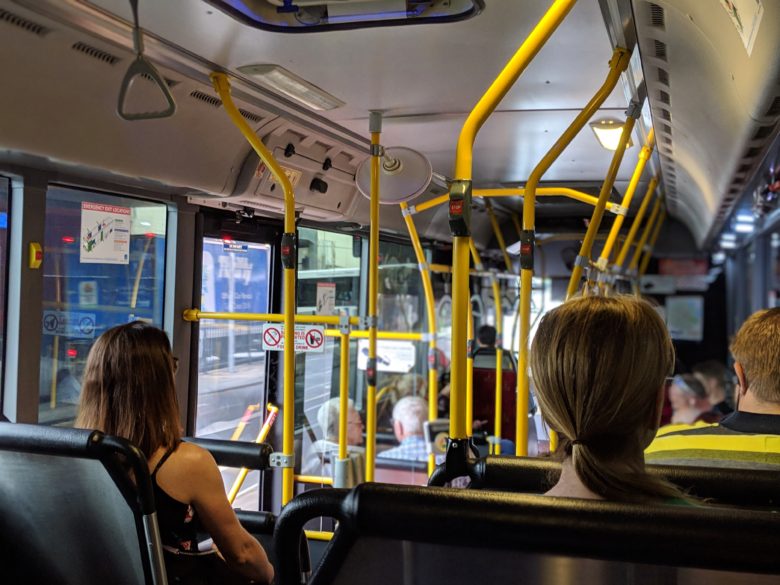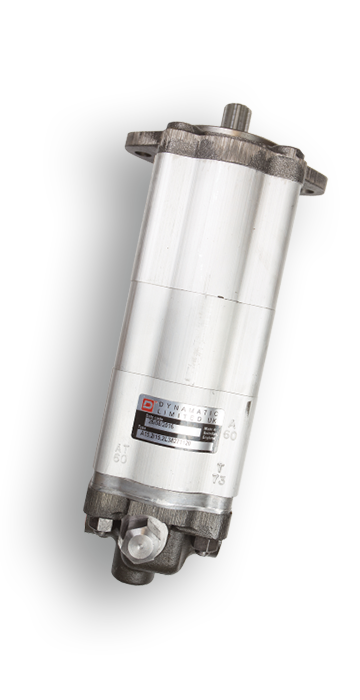Industry data has shown that passenger numbers have returned to pre-pandemic levels for the first time in over three years. The Confederation of Passenger Transport (CPT) has urged the government to capitalise on this encouraging trend with a surge in leisure demand helping patronage to increase, whilst commuting numbers have fallen since 2020.
CPT repeated its plea ahead of the government’s Autumn Budget Statement this month by calling for a long-term financial commitment to give operators certainty.
Chief Executive Officer Graham Vidler said: “The growing number of bus passengers demonstrates the central role buses play in so many people’s lives. Operators have worked tirelessly to make the bus as attractive as possible for passengers, keeping fares low and investing over £2bn in cleaner, greener vehicles over the last eight years, making it the sector’s greenest and most modern fleet.
“With the majority of bus journeys outside of London capped at £2, there has never been a better time to give the bus a try.”
CPT has welcomed the £930 million redirection of funds from the HS2 project into bus services in the north of England and the Midlands but urged the Chancellor to give consideration to a five-year, nationwide investment.
Mr Vidler added: “Government must seize this opportunity to unlock the full potential of bus with a longer-term funding settlement. The payback of such investment could be huge, with buses being key drivers of economic growth, levelling up communities and reducing our carbon emissions.”
Last month, the Department for Transport (DfT) announced that the fare cap for single bus journeys outside of London will remain at £2 until the end of 2024, having previously been due to rise to £2.50 on 1 November. Operators must register in the Bus Fare Cap Grant (BFCG) scheme for the cap to take effect.
A spokesman for DfT said: “Due to time constraints, we will initially provide operators allocations for November and December 2023 based on the existing data available, while we run a new data collection exercise to calculate operators’ allocations for the remaining 12 months of the scheme from 1 January to 31 December 2024. If the new data collection exercise demonstrates that operators have been underfunded for November and December, we will adjust their January to December 2024 allocation to reflect this.”
The government had already committed up to £335 million for BFCG, which began in January. The initial package was worth up to £60 million to run up to the planned end of the scheme on 31 March but was extended a further three months.
A further £200 million was set aside in May with the announcement of another extension. This was to cover the capping at £2 remaining in place and a proposed increase to £2.50 from November 2023 for 12 months, which has since reverted back to £2.
John Dwight, Sales Director of leading bus and coach parts distributor, Imperial Engineering, said: “Any initiatives which encourage people to consider bus transport are to be welcomed and clearly the Bus Recovery Grant Scheme has incentivised consumers during 2023, so it’s good to see this being extended for another year. Hopefully this will provide time for the industry and government to agree on longer term support of a sector which is vital for community transportation across the UK.”











